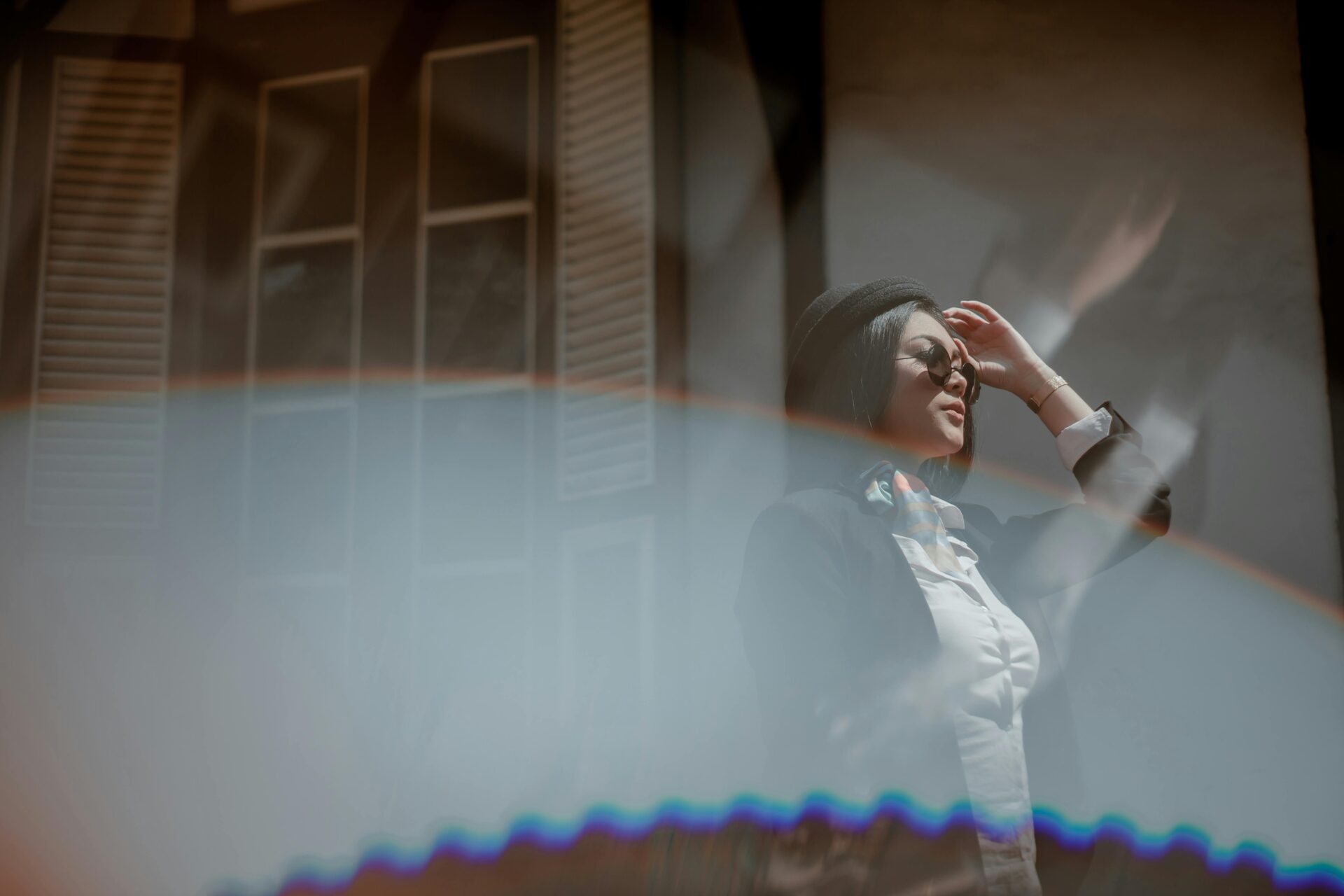Survivors’ personal lives and sexual histories should never be on trial.
Forcing victims who come forward to disclose intimate details of their lives or relive unrelated trauma can be as traumatizing as the assault itself. That is why California’s Civil Rape Shield Law has protected survivors’ privacy and dignity since 1985. The law protects survivors of sexual assault, battery, or harassment from unjustifiably intrusive inquiries into their personal lives and sexual histories in legal proceedings. Regardless of whether these past encounters were consensual or not, questions about sexual conduct may not be used to prove consent or minimize the harm caused by the sexual violence or harassment at hand.
As noted by the Legislature in passing the Civil Rape Shield law, allowing the introduction of other sexual history “has the clear potential to discourage complaints and to annoy and harass litigants. That annoyance and discomfort . . . is unnecessary and deplorable. Without protection against it, individuals whose intimate lives are unjustifiably and offensively intruded upon might face the ‘Catch-22’ of invoking their remedy only at the risk of enduring further intrusions into the details of their personal lives in discovery and in open … judicial proceedings.”
Despite these longstanding protections, a 2023 California Supreme Court ruling created uncertainty in the civil rape shield law that must be addressed. In Doe v. The Superior Court of Los Angeles County, Respondent; Mountain View School District, Real Party In Interest (2023), a survivor pursued civil action for horrific abuse perpetrated by her elementary school teacher. Tragically, she was abused by a different assailant a few years later. Almost half of child sexual abuse survivors experience subsequent sexual violence. Although existing law clearly prohibits this distinct sexual assault from being used to prove consent or lack of injury, the defense attempted to work around the rape shield law by seeking to attack the survivor’s credibility regarding which harm caused the lasting effects that she suffers from. Because of how the statute is written, the California Supreme Court ruled that this may be permissible under the current law as drafted.
To prevent this contrary outcome from undermining the intent of longstanding rape shield protections, California State Senator Anna Caballero has introduced Senate Bill 1386, the Civil Rape Shield Preservation Act. Co-sponsored by Equal Rights Advocates and Consumer Attorneys of California, SB 1386 clarifies that evidence about unrelated sexual conduct may not be used to undermine the truthfulness of survivors’ testimony as to consent or harm in civil cases.
“We must ensure survivors of sexual violence can come forward to hold harmers accountable, without fear that their unrelated sexual assault or sexual history will be exposed and used to shame or intimidate them,” said Jessica Stender, Policy Director and Deputy Legal Director at Equal Rights Advocates. “The lack of clarity in existing law runs contrary to the clear purpose of our state’s Rape Shield Law, and we are proud to stand with Senator Caballero and Consumer Attorneys of California in advancing SB 1386 to ensure victims can seek justice and hold predators accountable.”
A growing number of survivors and advocates fear the chilling effect that invasive, irrelevant questions about unrelated sexual history or trauma will have on those that seek to hold perpetrators accountable. They fear that survivors’ personal lives will be revealed and weaponized against those who choose to speak out.
This bill encourages survivors to speak their truth without putting their unrelated, personal histories on trial. Together we can create the supportive, safe environment that victims need to come forward. Protecting survivors’ dignity is a crucial step towards seeking justice and making our communities safer.

